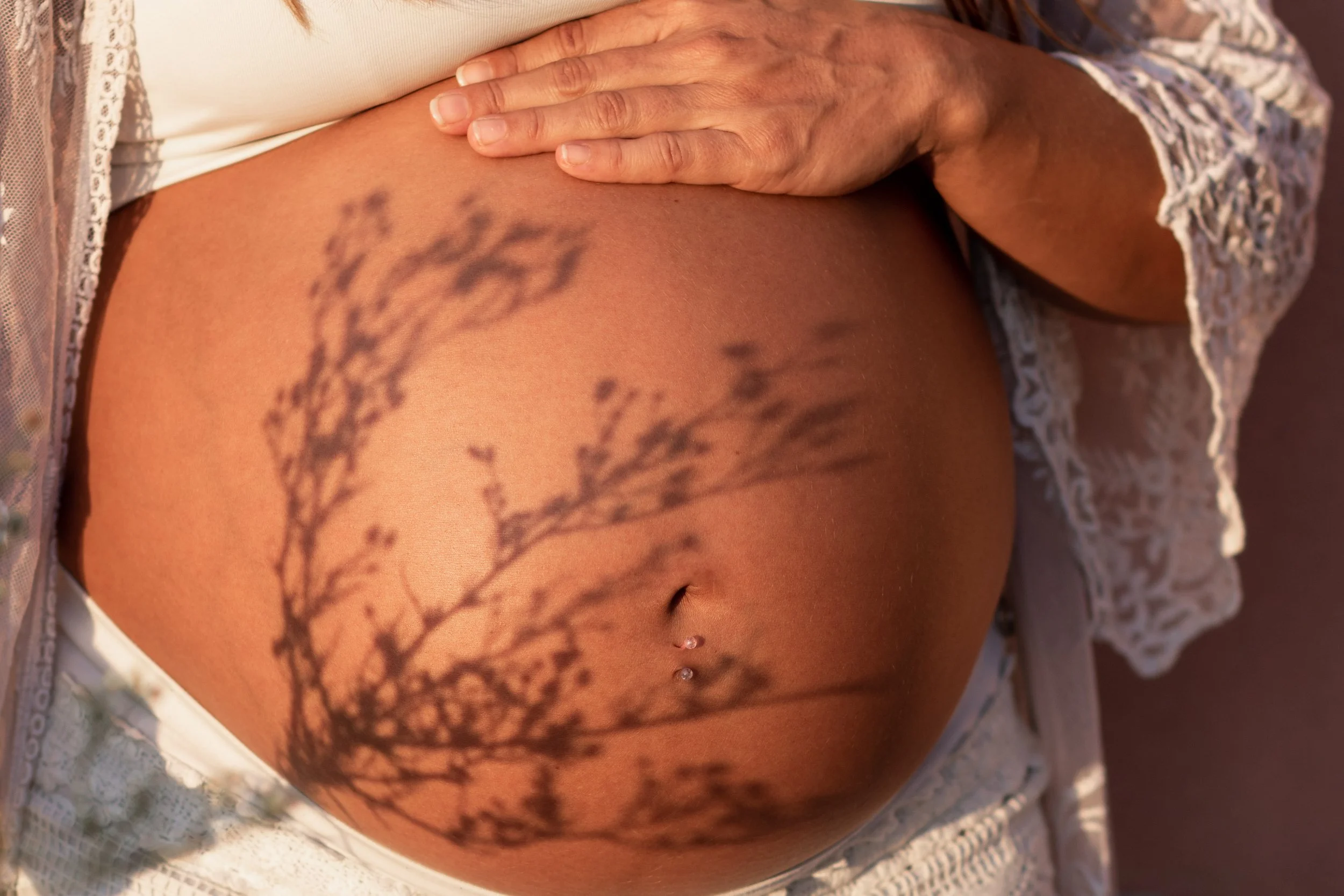Navigating the First Trimester: Managing Eating Disorder Triggers in Pregnancy
When I first learned I was pregnant, a flood of emotions washed over me—joy, excitement, and a touch of anxiety. As someone who has been in recovery from an eating disorder (ED) for over seven years, I have spent a long time nurturing a healthy relationship with food and my body. Yet, nothing could have prepared me for how the first trimester would bring up challenges I thought I had long overcome.
Pregnancy, particularly the first trimester, can be a whirlwind of changes—physical, emotional, and hormonal. For me, it was also an unexpected test of my recovery. For many, pregnancy is often idealized as a beautiful and transformative experience, but the reality of the first trimester can be far from glamorous. Nausea, fatigue, and food aversions dominated my days, and they often felt like an affront to the routines and habits that had anchored my recovery.
Foods I once enjoyed became repulsive, and I was left with a limited palette of options that often didn’t align with my vision of “healthy eating.” Old ED thoughts crept in, causing me to question whether I was “eating the right way” for my baby. Even in the early weeks, bloating and the beginnings of physical changes were noticeable. While I’ve worked hard to appreciate my body for what it can do rather than how it looks, these changes brought flashes of my old insecurities. And perhaps the hardest part was the sense of losing control. My body was now guiding me in ways I hadn’t anticipated, and I had to learn to trust it all over again.
Finding Strength and Hope
Despite these challenges, I am proud to say that I didn’t let the triggers pull me back into old habits. Here’s what helped me stay grounded and move forward with hope:
Reconnecting with My Why: Pregnancy gave me a powerful “why” to stay on the recovery path. The thought of providing my baby with the nourishment and care they needed became a guiding light. Each meal or snack I managed, even if it wasn’t perfect, was a step toward giving my baby the best start in life.
Leaning on My Support System: I’ve always believed in the importance of community in recovery, and pregnancy reinforced this belief. I confided in my partner, close friends, and journaled about the triggers I was experiencing. Their encouragement reminded me that I wasn’t alone, and their words often helped drown out the old ED voice.
Focusing on Nourishment Over Perfection: During the first trimester, I learned to redefine what “healthy” looked like for me. Sometimes it meant eating a bagel with cream cheese three times a day because that’s all I could stomach. Other times it was a bowl of rice krispies at midnight because I felt hungry again. Letting go of rigid ideas and embracing flexibility was key.
Practicing Self-Compassion: Recovery taught me to be kind to myself, and this lesson became even more important during pregnancy. On days when I felt particularly triggered or struggled to eat, I reminded myself that one tough moment didn’t define my journey. Progress, not perfection, became my mantra.
Embracing Mindfulness and Gratitude: Mindfulness exercises became a cornerstone of my coping strategy. Whether it was pausing to appreciate the nourishment I was giving my baby or simply sitting with my feelings without judgment, mindfulness helped me stay present. Gratitude journaling also became a daily practice, allowing me to focus on the joys of pregnancy rather than its challenges.
I’m now entering my third trimester and I’m amazed at the resilience that recovery has given me. Pregnancy didn’t “uncover” unresolved issues as much as it reminded me that recovery is an ongoing journey, not a destination. The first trimester showed me that it’s okay to struggle, and it’s okay to ask for help. It also reaffirmed my belief in the strength of recovery and the profound impact of self-compassion.
A Message to Others
If you’re navigating pregnancy and find yourself triggered by past ED thoughts, know this: you are not alone and it’s okay to feel overwhelmed. Your recovery journey has equipped you with tools and strength that you can draw upon, even in the face of new challenges. Here are some gentle reminders:
Be Kind to Yourself: Remember that your best effort is enough. You’re doing something incredible by nurturing life.
Ask for Support: Whether it’s a partner, friend, or therapist, lean on those who care about you.
Trust Your Body: Your body is wise and capable. Trust it to guide you through this journey.
Celebrate Small Wins: Each meal, each moment of self-care, and each kind thought is a victory worth celebrating.
Pregnancy may come with its hurdles, but it also brings the opportunity for growth, self-discovery, and connection. And while it can be triggering, it can also be profoundly healing. Embrace the journey one day at a time, and remember that hope and recovery are always within reach.


